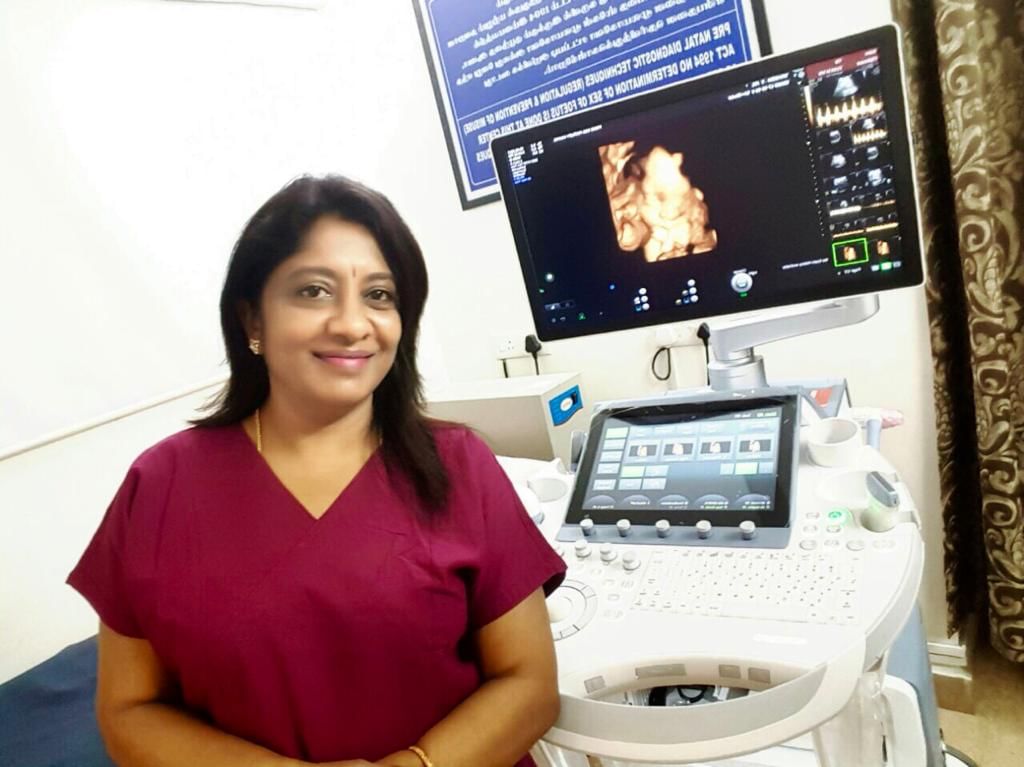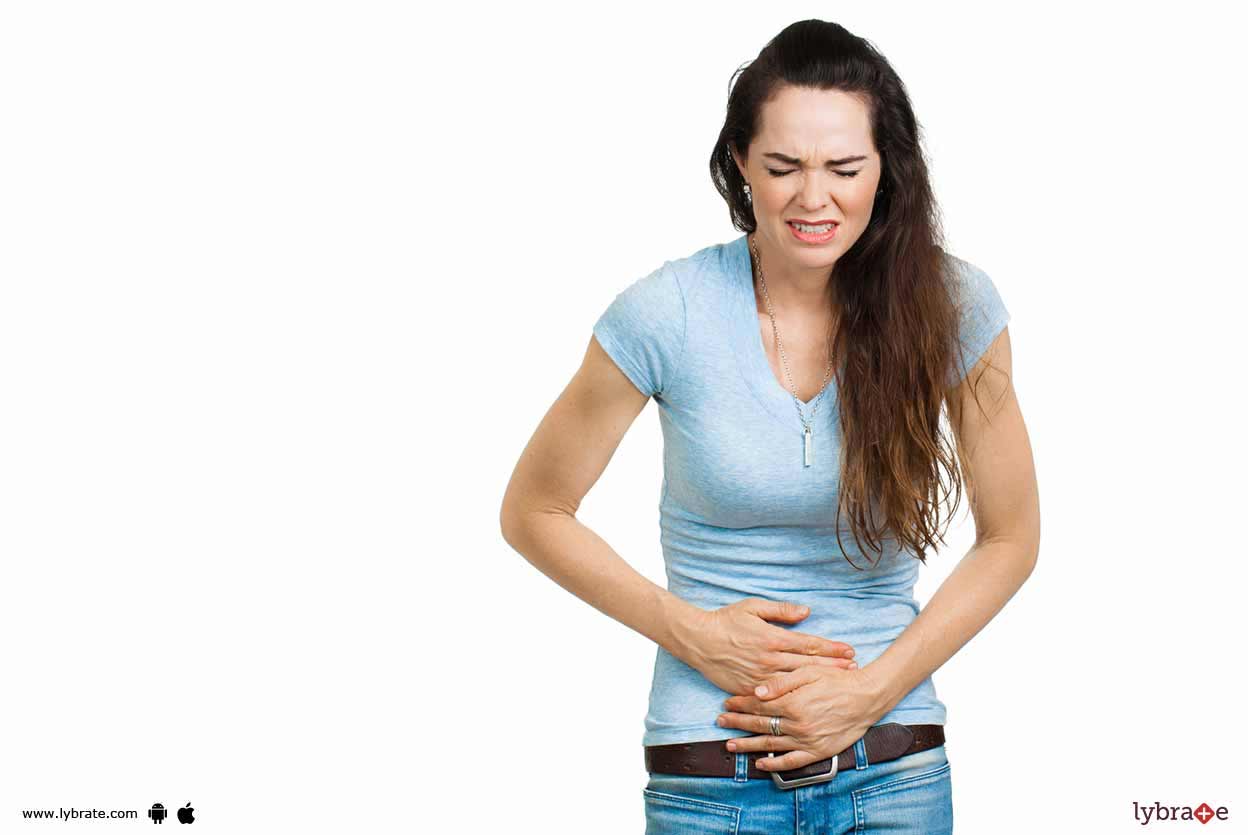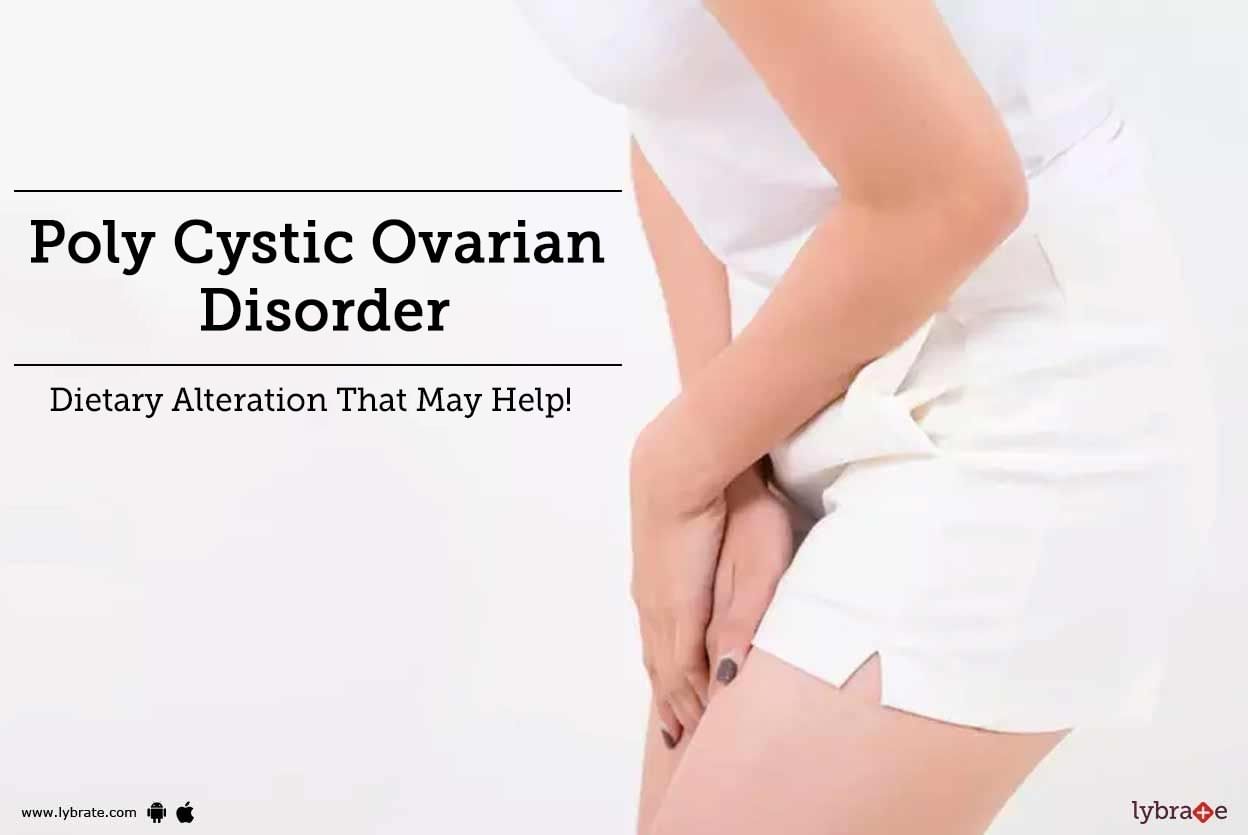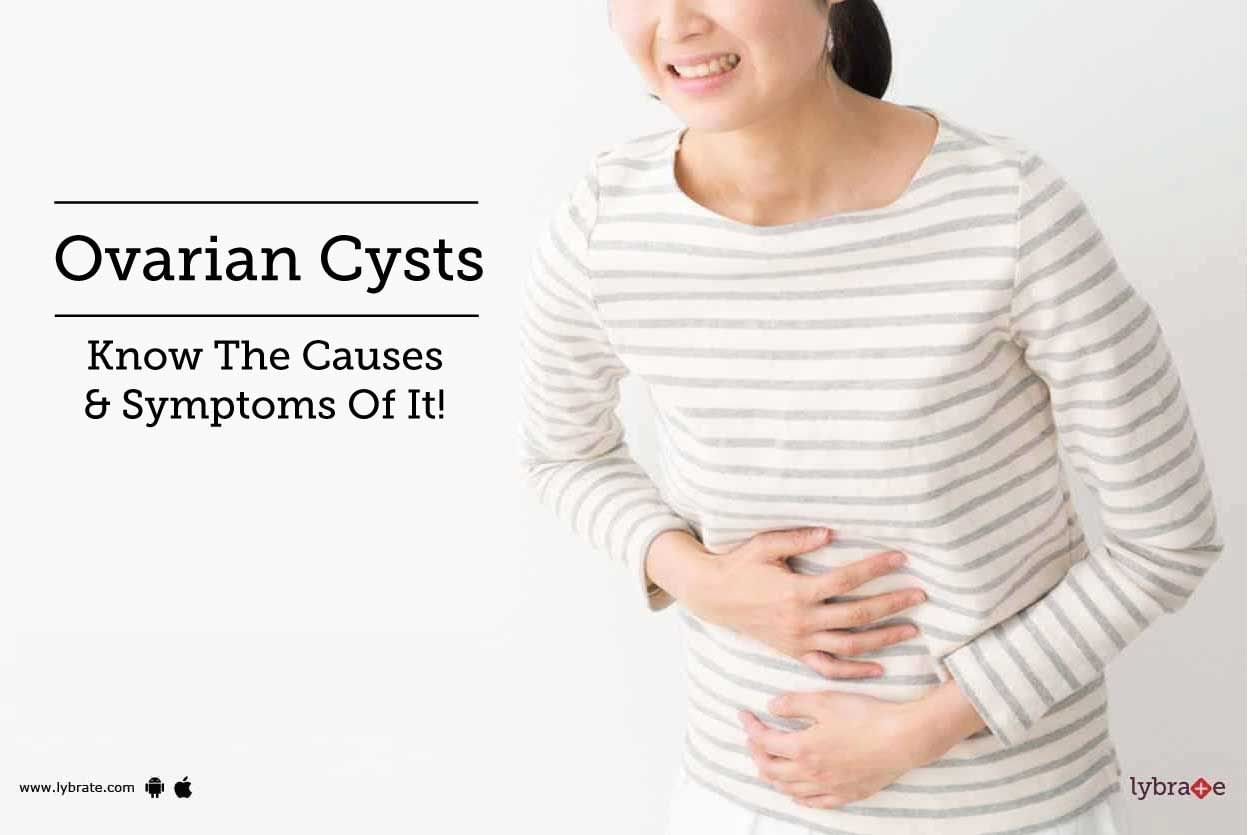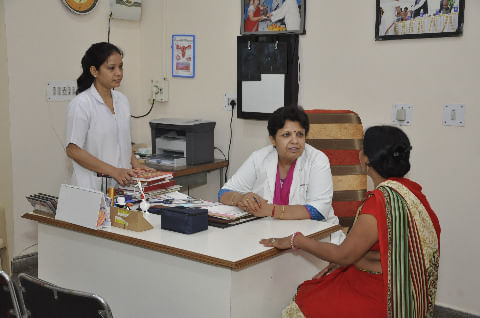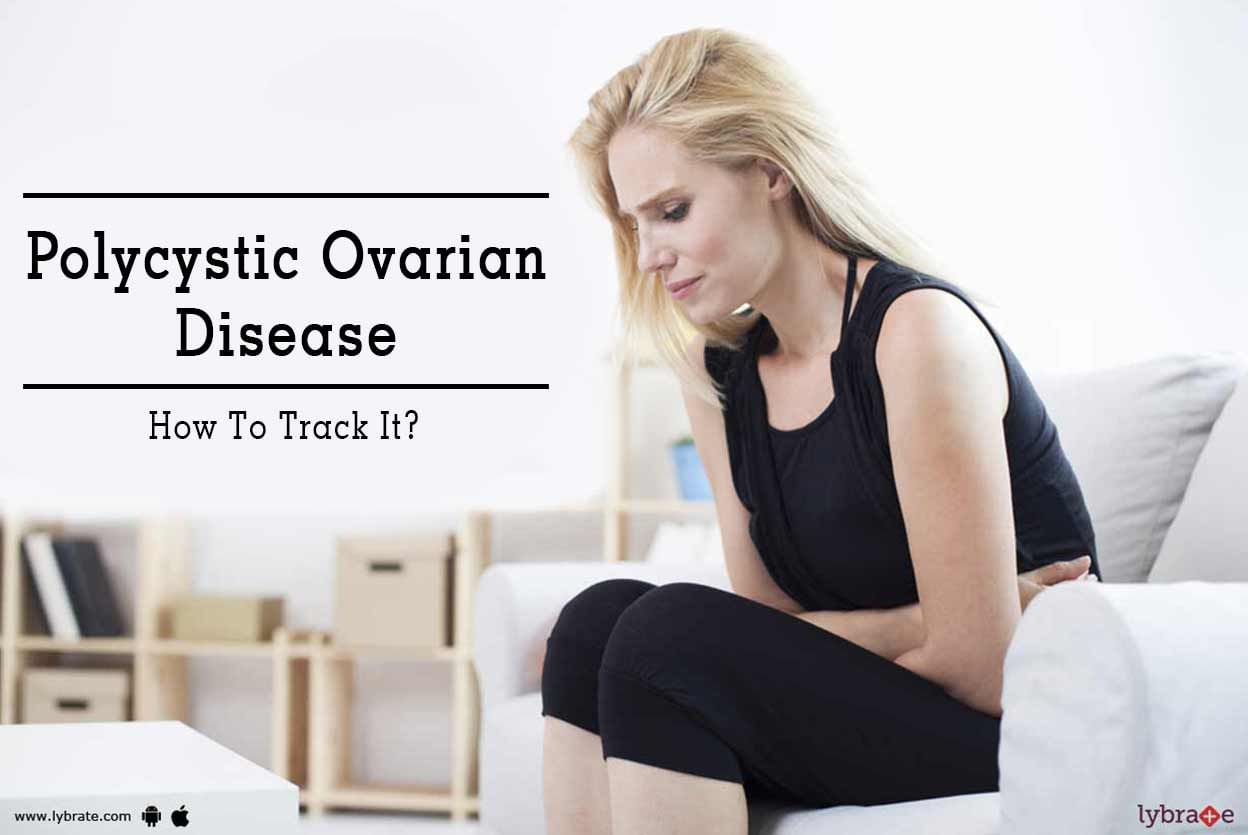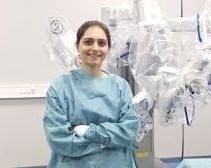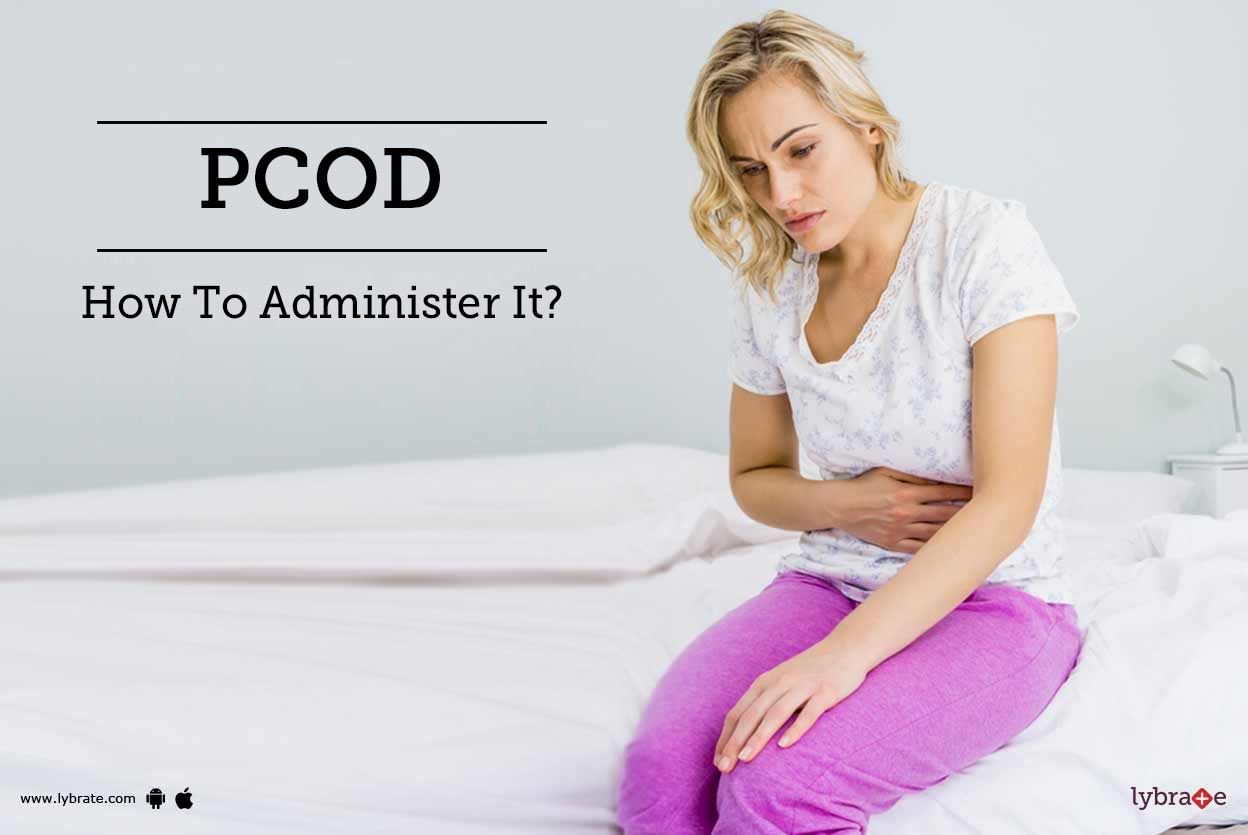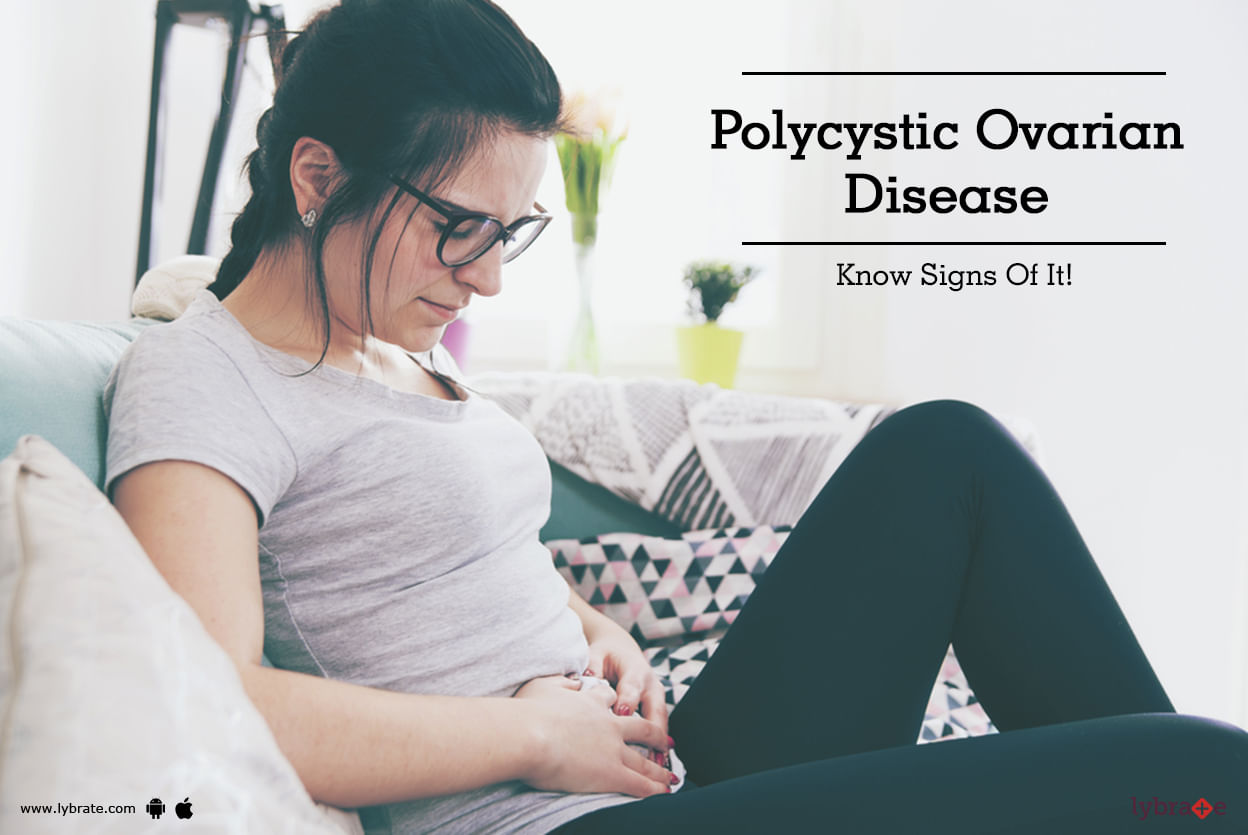Get the App
For Doctors
Login/Sign-up
About
Health Feed
Find Doctors
Health Packages
AllQ&AsTipsQuizzes
Polycystic Ovary Syndrome Tips
Last Updated: 6 years ago• Featured Tip
Share
Bookmark
Report
Poly Cystic Ovarian Disorder or PCOD is one of the most common gynecological problems faced by women around the world. This condition is characterized by an imbalance of hormones that causes menstrual irregularities and can affect the way a woman looks. If left untreated, PCOD can affect your chances of having a child in the future and increase your risk of heart disease and diabetes. Some of the changes that may become visible as a result of PCOD are:
Acne: Recurrent acne breakouts are...more
Acne: Recurrent acne breakouts are...more
Last Updated: 6 years ago• Featured Tip
Share
Bookmark
Report
B.Sc. - Dietitics / Nutrition, M.Sc - Di...read more
Dietitian/Nutritionist•Bangalore
A rising number of teenage girls in the country are getting affected with Poly Cystic Ovarian Disease or PCOD. Though an advanced menarche has become very rampant these days, there are many young women who are suffering from a delay in menarche which in turn is leading to PCOD as opined by gynecologists. Obesity and sedentary lifestyle among young people have caused a rapid doubling of PCOD cases in the past five to eight years.
Occurrence and Symptoms:
Gynecologists report tha...more
Occurrence and Symptoms:
Gynecologists report tha...more
Last Updated: 6 years ago• Featured Tip
Share
Bookmark
Report
The ovaries are the egg producing organs, an essential part of the female reproductive system, they are responsible for the production of estrogen and release an egg every month. If the egg is fertilized with a sperm it can result in a pregnancy.
Ovarian cysts are quite common among women. Ovarian cysts are known to be small sacs filled with fluid that are situated in the ovaries.
Causes of ovarian cysts: Among ovarian cysts, the most common one is called the 'functional cyst'....more
Ovarian cysts are quite common among women. Ovarian cysts are known to be small sacs filled with fluid that are situated in the ovaries.
Causes of ovarian cysts: Among ovarian cysts, the most common one is called the 'functional cyst'....more
Last Updated: 6 years ago• Featured Tip
Share
Bookmark
Report
Polycystic Ovarian Disease results from the disorder more commonly known as PCOS or Polycystic Ovary Syndrome. A syndrome is starkly different from a disease, for the former entails a set of symptoms usually occurring in concurrence, while the latter means a particular biological condition with an identifiable reason behind it. A syndrome solicits your concern and forethought in order to eliminate or at least control the chances of an underlying disease. Trigger to a syndrome is undetectable and...more
Last Updated: 6 years ago• Featured Tip
Share
Bookmark
Report
A rising number of teenage girls in the country are getting affected with Poly Cystic Ovarian Disease or PCOD. Though an advanced menarche has become very rampant these days, there are many young women who are suffering from a delay in menarche, which in turn is leading to PCOD as opined by gynaecologists. Obesity and sedentary lifestyle among young people have caused a rapid doubling of PCOD cases in the past five to eight years.
Occurrence and Symptoms:
Gynaecologists report that ...more
Occurrence and Symptoms:
Gynaecologists report that ...more
Last Updated: 6 years ago• Featured Tip
Share
Bookmark
Report
The ovaries are the egg producing organs, an essential part of the female reproductive system, they are responsible for the production of estrogen and release and egg every month. If the egg fertilizes with a sperm it can result in a pregnancy.
Ovarian cysts are quite common among women. Ovarian cysts are known to be small sacs filled with fluid that are situated in the ovaries.
Causes of ovarian cysts
Among ovarian cysts, the most common one is called the functional c...more
Ovarian cysts are quite common among women. Ovarian cysts are known to be small sacs filled with fluid that are situated in the ovaries.
Causes of ovarian cysts
Among ovarian cysts, the most common one is called the functional c...more
Last Updated: 6 years ago• Featured Tip
Share
Bookmark
Report
Polycystic ovarian disease (PCOD), also known as polycystic ovary syndrome, is a common hormonal disorder, which occurs in women of reproductive age between 18 and 44 years. Patients with PCOD are seen to have multiple cysts in the ovary. These cysts cause excessive production of hormones called androgens by the ovaries and the adrenal glands. Androgens are male hormones. They are present in small quantities in healthy females. Due to androgen overproduction, the ovarian follicles fail to mature...more
Last Updated: 6 years ago• Featured Tip
Share
Bookmark
Report
Diabetes is often associated with heart diseases. In fact, many people do not know that their kidneys and eyes, too, can be affected due to the increased blood sugar levels. Fertility is often forgotten in this list. Yes, diabetes can lower fertility rates. In men, it can cause erectile dysfunction and decrease libido. In women, the issues are different. But you should not lose hope if you are a diabetic and want to get pregnant. Controlled sugar levels and healthy body weight can help you becom...more
Last Updated: 6 years ago• Featured Tip
Share
Bookmark
Report
PCOD (Polycystic Ovary Disorder) is an issue in which a woman s hormones are out of control. It can bring about issues with your periods and make it hard to get pregnant. PCOD or PCOS additionally may bring about undesirable changes in the way you look. In case it is not dealt with, after some time it can cause serious medical issues, for example, diabetes and heart diseases. In PCOD, the hormones change rapidly.
The reason for PCOD is not completely seen, but rather hereditary qualitie...more
The reason for PCOD is not completely seen, but rather hereditary qualitie...more
Last Updated: 6 years ago• Featured Tip
Share
Bookmark
Report
Polycystic Ovarian Disease results from the disorder more commonly known as PCOS or Polycystic Ovary Syndrome. A syndrome is starkly different from a disease, for the former entails a set of symptoms usually occurring in concurrence, while the latter means a particular biological condition with an identifiable reason behind it. A syndrome solicits your concern and forethought in order to eliminate or at least control the chances of an underlying disease. Trigger to a syndrome is undetectable and...more
Book appointment with top doctors for Polycystic Ovary Syndrome treatment
View fees, clinic timings and reviews
Ask a free question
Get FREE multiple opinions from Doctors
posted anonymously

